BURNING OF AGRICULTURAL WASTE
입력 2019.06.10 (15:20)
수정 2019.06.10 (16:48)
읽어주기 기능은 크롬기반의
브라우저에서만 사용하실 수 있습니다.
[Anchor Lead]
During this season of the year, it's quite common to see farmers burning agricultural waste on fields in rural areas. Although this doesn't seem like a big deal, toxic fine dust particles that arise from incineration can pose a threat to human health. We take you to Hampyeong for the details.
[Pkg]
Hampyeong-gun County, Jellanam-do Province. Smoke rises from a field as if a serious fire broke out. It's actually because farmers are burning agricultural waste, such as dried stems and stalks of barley and wheat, ahead of the new rice-planting season.
[Soundbite] (FARMER) : "Agricultural waste is burned, because they become obstacles in plowing rice fields. It would be good if they are cut into pieces. But as that's very difficult, we have to burn them."
What's concerning is that ultra-fine pollutants of less than 2.5 micrometers in diameter are generated during the incineration. A joint research team from Gwangju Institute of Science and Technology and Mokpo National University confirmed that a great amount of such particles are produced when agricultural waste is burned. What's most concerning is that among more than 4,000 ultra-fine pollutants, the discharge of the carcinogen, polycyclic aromatic hydrocarbon is as high as that from combustion of diesel.
[Soundbite] PROF. BAE MIN-SEOK(MOKPO NAT'L UNIV.) : "Among various particles generated from the incineration, polycyclic aromatic hydrocarbon is one of the most harmful substances. With a chemical structure of benzene, it is basically carcinogenic."
Fine dust produced, and air pollution caused by the incineration of agricultural waste have already emerged as a serious social issue in China, Thailand and India. The wind spreads the smoke to nearby villages or cities. The pollutants pose a health threat for the young and the elderly as well as those with respiratory illnesses. The incineration of agricultural waste on fields is now prohibited in Korea. However, the practice still persists due to farmers' negligence and the lack of proper government intervention.
During this season of the year, it's quite common to see farmers burning agricultural waste on fields in rural areas. Although this doesn't seem like a big deal, toxic fine dust particles that arise from incineration can pose a threat to human health. We take you to Hampyeong for the details.
[Pkg]
Hampyeong-gun County, Jellanam-do Province. Smoke rises from a field as if a serious fire broke out. It's actually because farmers are burning agricultural waste, such as dried stems and stalks of barley and wheat, ahead of the new rice-planting season.
[Soundbite] (FARMER) : "Agricultural waste is burned, because they become obstacles in plowing rice fields. It would be good if they are cut into pieces. But as that's very difficult, we have to burn them."
What's concerning is that ultra-fine pollutants of less than 2.5 micrometers in diameter are generated during the incineration. A joint research team from Gwangju Institute of Science and Technology and Mokpo National University confirmed that a great amount of such particles are produced when agricultural waste is burned. What's most concerning is that among more than 4,000 ultra-fine pollutants, the discharge of the carcinogen, polycyclic aromatic hydrocarbon is as high as that from combustion of diesel.
[Soundbite] PROF. BAE MIN-SEOK(MOKPO NAT'L UNIV.) : "Among various particles generated from the incineration, polycyclic aromatic hydrocarbon is one of the most harmful substances. With a chemical structure of benzene, it is basically carcinogenic."
Fine dust produced, and air pollution caused by the incineration of agricultural waste have already emerged as a serious social issue in China, Thailand and India. The wind spreads the smoke to nearby villages or cities. The pollutants pose a health threat for the young and the elderly as well as those with respiratory illnesses. The incineration of agricultural waste on fields is now prohibited in Korea. However, the practice still persists due to farmers' negligence and the lack of proper government intervention.
■ 제보하기
▷ 카카오톡 : 'KBS제보' 검색, 채널 추가
▷ 전화 : 02-781-1234, 4444
▷ 이메일 : kbs1234@kbs.co.kr
▷ 유튜브, 네이버, 카카오에서도 KBS뉴스를 구독해주세요!
- BURNING OF AGRICULTURAL WASTE
-
- 입력 2019-06-10 15:21:40
- 수정2019-06-10 16:48:42
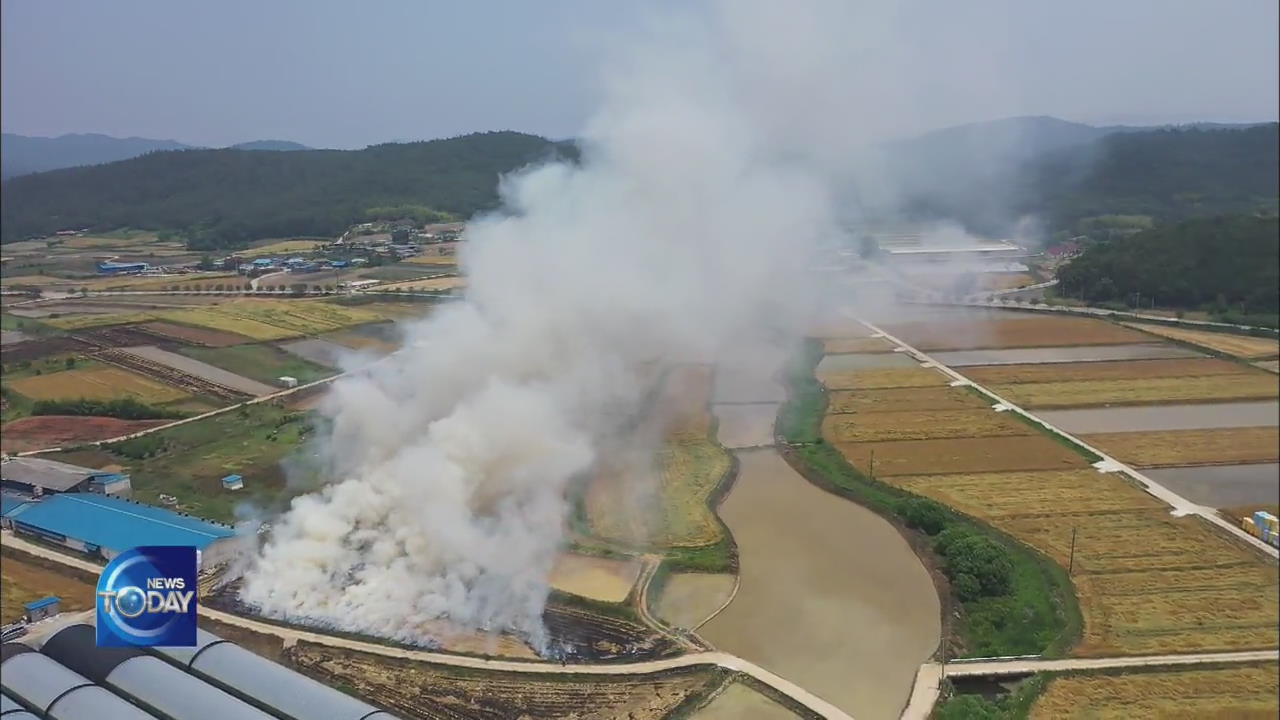
[Anchor Lead]
During this season of the year, it's quite common to see farmers burning agricultural waste on fields in rural areas. Although this doesn't seem like a big deal, toxic fine dust particles that arise from incineration can pose a threat to human health. We take you to Hampyeong for the details.
[Pkg]
Hampyeong-gun County, Jellanam-do Province. Smoke rises from a field as if a serious fire broke out. It's actually because farmers are burning agricultural waste, such as dried stems and stalks of barley and wheat, ahead of the new rice-planting season.
[Soundbite] (FARMER) : "Agricultural waste is burned, because they become obstacles in plowing rice fields. It would be good if they are cut into pieces. But as that's very difficult, we have to burn them."
What's concerning is that ultra-fine pollutants of less than 2.5 micrometers in diameter are generated during the incineration. A joint research team from Gwangju Institute of Science and Technology and Mokpo National University confirmed that a great amount of such particles are produced when agricultural waste is burned. What's most concerning is that among more than 4,000 ultra-fine pollutants, the discharge of the carcinogen, polycyclic aromatic hydrocarbon is as high as that from combustion of diesel.
[Soundbite] PROF. BAE MIN-SEOK(MOKPO NAT'L UNIV.) : "Among various particles generated from the incineration, polycyclic aromatic hydrocarbon is one of the most harmful substances. With a chemical structure of benzene, it is basically carcinogenic."
Fine dust produced, and air pollution caused by the incineration of agricultural waste have already emerged as a serious social issue in China, Thailand and India. The wind spreads the smoke to nearby villages or cities. The pollutants pose a health threat for the young and the elderly as well as those with respiratory illnesses. The incineration of agricultural waste on fields is now prohibited in Korea. However, the practice still persists due to farmers' negligence and the lack of proper government intervention.
During this season of the year, it's quite common to see farmers burning agricultural waste on fields in rural areas. Although this doesn't seem like a big deal, toxic fine dust particles that arise from incineration can pose a threat to human health. We take you to Hampyeong for the details.
[Pkg]
Hampyeong-gun County, Jellanam-do Province. Smoke rises from a field as if a serious fire broke out. It's actually because farmers are burning agricultural waste, such as dried stems and stalks of barley and wheat, ahead of the new rice-planting season.
[Soundbite] (FARMER) : "Agricultural waste is burned, because they become obstacles in plowing rice fields. It would be good if they are cut into pieces. But as that's very difficult, we have to burn them."
What's concerning is that ultra-fine pollutants of less than 2.5 micrometers in diameter are generated during the incineration. A joint research team from Gwangju Institute of Science and Technology and Mokpo National University confirmed that a great amount of such particles are produced when agricultural waste is burned. What's most concerning is that among more than 4,000 ultra-fine pollutants, the discharge of the carcinogen, polycyclic aromatic hydrocarbon is as high as that from combustion of diesel.
[Soundbite] PROF. BAE MIN-SEOK(MOKPO NAT'L UNIV.) : "Among various particles generated from the incineration, polycyclic aromatic hydrocarbon is one of the most harmful substances. With a chemical structure of benzene, it is basically carcinogenic."
Fine dust produced, and air pollution caused by the incineration of agricultural waste have already emerged as a serious social issue in China, Thailand and India. The wind spreads the smoke to nearby villages or cities. The pollutants pose a health threat for the young and the elderly as well as those with respiratory illnesses. The incineration of agricultural waste on fields is now prohibited in Korea. However, the practice still persists due to farmers' negligence and the lack of proper government intervention.
이 기사가 좋으셨다면
-
좋아요
0
-
응원해요
0
-
후속 원해요
0










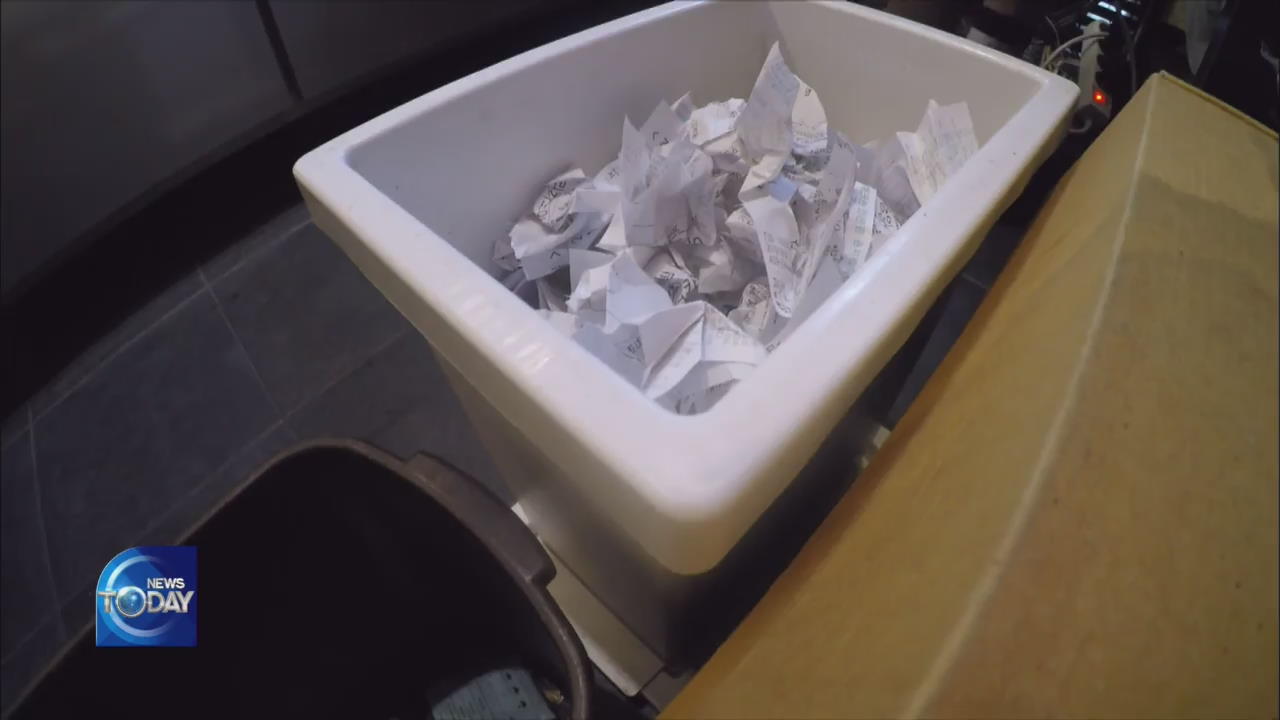
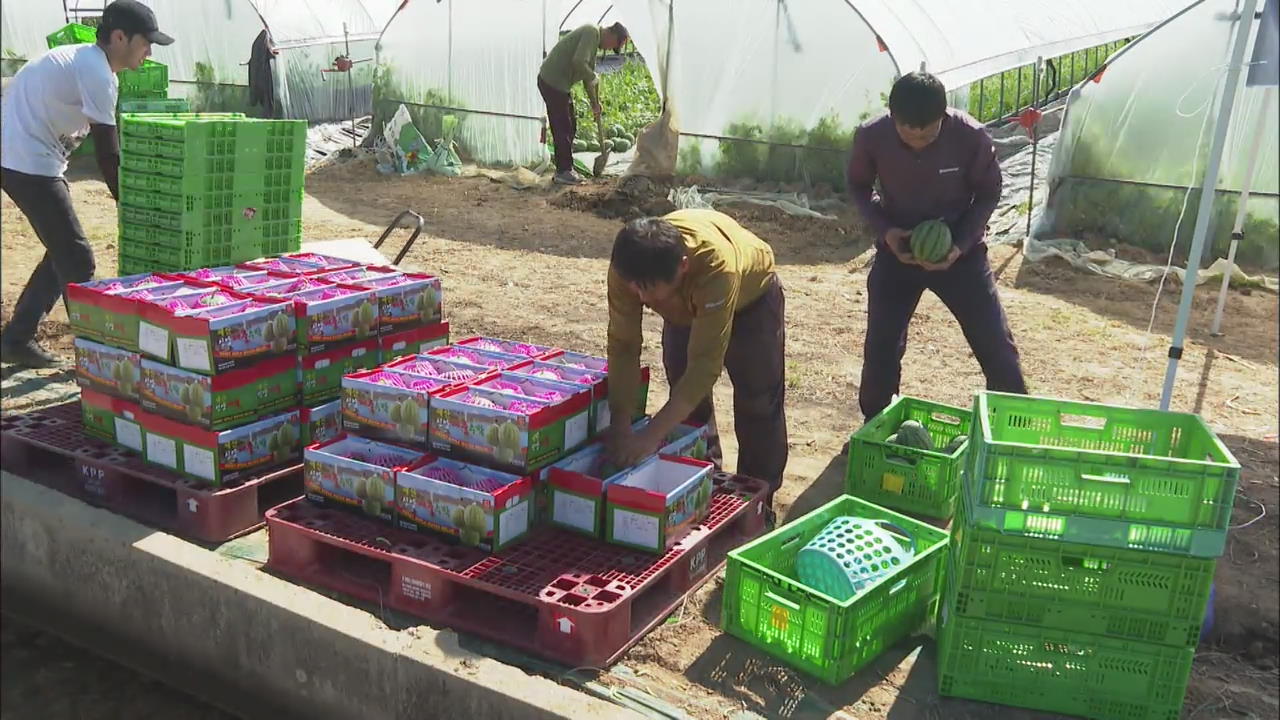

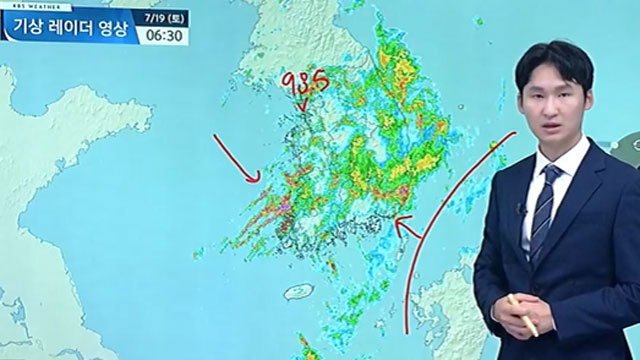
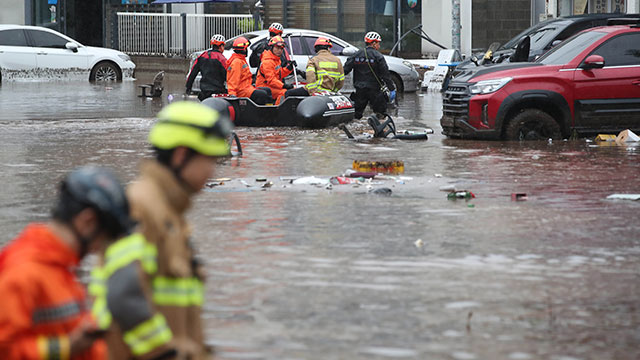


이 기사에 대한 의견을 남겨주세요.